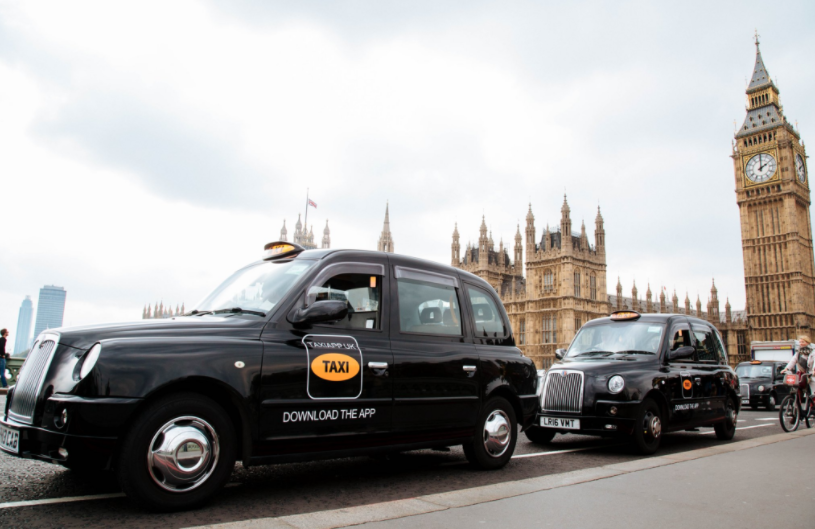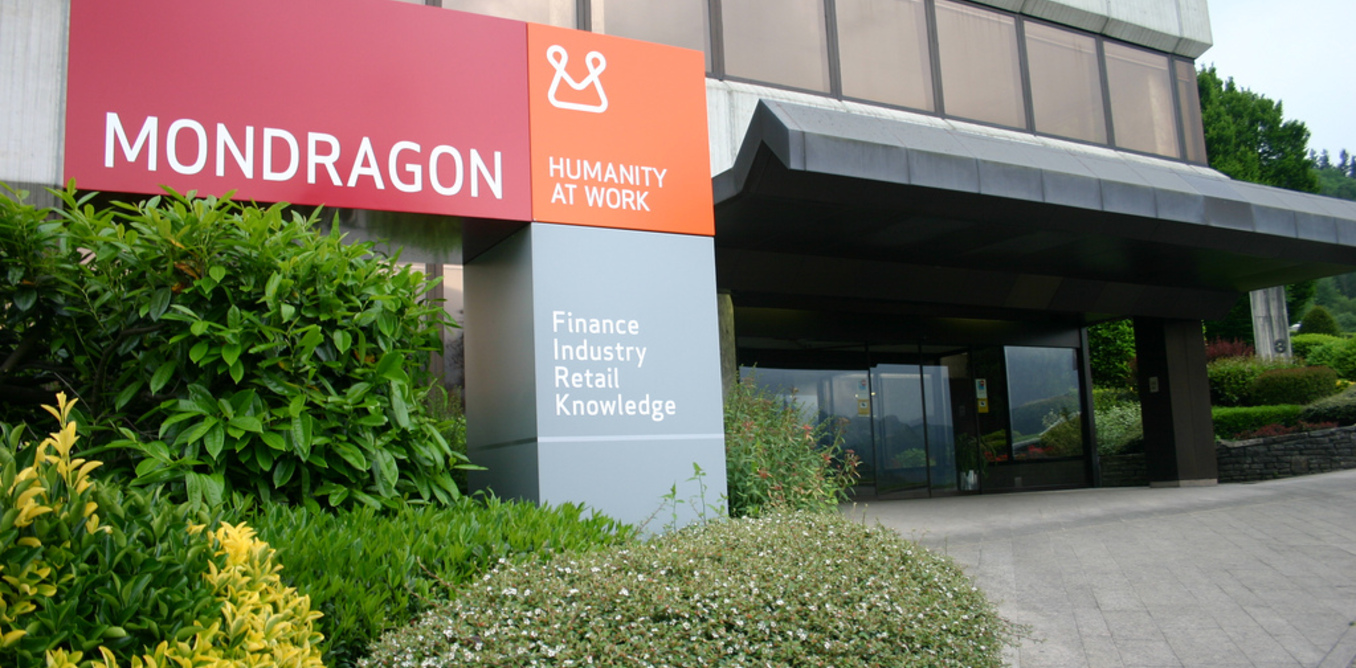As new technology continues to transform the world of work, there is growing unease over the risk automation poses to jobs.
In 2013, a study by Carl Benedikt Frey and Michael Osborne looked at 702 occupations and found that 47% of workers in America were at high risk of potential automation, ranging from taxi drivers to accountants.
In the UK, Deloitte found that 60% of retail jobs may be eliminated by 2025, and research by the Bank of England suggests 15 million jobs may be lost through automation over the next few decades.
US market researcher Forrester is more optimistic, arguing in a blog last November that “automation will only eliminate 9% of US jobs in 2018 but also create 2% more in a new ‘automation economy’”.
But it says consumer demand is pushing forward to an “automation tipping point” which will “alter the global workforce”.
And while – as Forrester says – technology offers innovative new ways of working, with mobile technology and telecommuting, it has also created new forms of exploitation, with firms such as Uber and Amazon drawing widespread criticism.
These questions have prompted high-level responses, such as last year’s Taylor Review, commissioned by the UK government to address concerns about zero hours contracts, online working platforms and casual labour. Critics said it failed to offer radical solutions; one of these, the TUC, commissioned its own study from the Fabian Society. This identified several threats to workers in the UK, including rising levels of insecure work such as self-employment, zero-hours contracts and agency work; the failure of average real wages to rise; skill shortages and excess capacity in less relevant skills; and inequality between labour markets in different towns.
And it warns that even a universal income is not a full solution, because it could increase the number of people in precarious work or lead some people to slip into long-term worklessness, and fails to address the uneven distribution of working hours.
It says other options could include learning and training allowances, higher child benefit, contributory benefits and tax-free allowances.
On a global level, the United Nations has made Decent Work and Economic Growth one of its Sustainable Development Goals, while its International Labour Organization (ILO) launched the Future of Work Centenary Initiative. Last March, the ILO released its briefing note Cooperation in a changing world of work: Towards a cooperative future. This concluded that co-ops “have a unique opportunity to make an impact, given the growing global quest for new forms of business and growth models”.
In November, Victor van Vuuren, director of enterprises at the ILO, led a session at the global conference of the International Co-operative Alliance.
He said: “If you look at the future of work, we have a fear of what the future is. It’s something we have to embrace, the future of work is what we want it
to be, we can create that future of work.”
But the picture is a stark one, he added: the world has 201 million unemployed, with 1.4 billion in precarious employment. And these numbers are growing. “That’s a huge social deficit,” he said. “How are we going to deal with that?”
But can this new technology in fact bring opportunities? Launching the latest World Co-op Monitor at Kuala Lumpur, Gianluce Salvatori of Euricse said: “Google and Apple are a huge success because they use data better than others. If it chooses, the co-op movement could be a big challenger on the knowledge economy. We have immense potential but not yet realised by co-ops … We want co-operatives to be among the innovators not the followers.”
He added: “Technology is moving more quickly than our skills, leading to a large restructure of the workforce. People want new jobs, so we need to move to new skills based on human interaction, and empathy, that cannot be replaced by machines.
“Co-ops have an innovative approach to this.”
These innovative approaches include co-ops moving into emerging areas of economic activity. At the global conference, Mr van Vuuren highlighted opportunities opening up in the health and care sectors as the population ages, and the growth of green jobs, such as renewable energy and forestry, in response to environmental challenges.

Technology has prompted the rise of the platform co-op model and micro-finance initiatives using blockchain technology, such as Faircoin and Moeda in Brazil. Technology is also being put to use on a local or city level, with London’s cabbies developing TaxiApp, a co-op rival to Uber, and DigitalTown creating a co-operatively owned local search engine in the US.
This revival of localism is seeing attempts to create sustainable, democratic local economies using the movement’s principles to create sustainable, democratic local economies. Examples in the USA include Cleveland, Ohio; Jackson, Mississippi; and Cincinnati, Ohio, which is developing a hybrid union-co-op model based on the work of Mondragon in Spain.
In the UK, this has taken the form of the co-op councils movement, following the example of Preston council, which is working to stimulate the local economy by developing worker co-ops as a base for local procurement.
Cllr Matthew Brown, the council’s cabinet member for social justice, inclusion and policy, said policy makers need to face up to the challenges around the future of work.
“We need to respond to this and recognise that it’s an issue we need to get involved with,” he said, suggesting that initiatives such as TaxiApp be replicated elsewhere.
He added: “The internet offers a big opportunity for decent employment. Most people see disruption as a negative but it can be a positive when we have an economy that’s not working for people.”
The economy is still recovering from the 2008 crash, he added, which “came from a dysfunctional system. The outcomes are still largely negative and you have to look to an alternative”.
But he said there were opportunities for councils and the co-op movement to lead the way, for instance through huge local government budgets in areas such as care and construction. “Imagine if the co-op movement and unions got together to help create worker co-ops and put bids in.”
Cllr Brown also points to the role local authorities can play in financing these initiatives, highlighting the case of North Dakota, where a state bank – the only one on the US mainland – is lending to local businesses. “In Preston, we’re looking at setting up a community bank which can lend to this sort of enterprise,” he added.
The question of finance was addressed in a report to the Labour Party, commissioned by shadow business secretary Rebecca Long-Bailey.
It found that “worker owned firms are intrinsically limited in their ability to attract finance, as capital providers … are unlikely to provide long-term funding to firms over which they have no control”.
The report looks at successful financing models in Europe, such as the central role played by workers credit union Caja Laboral Popular in monitoring Spain’s Mondragon co-ops, and the sympathetic legal and tax framework for co-ops in Italy, where the sector has “preferential access to public contracts, job creation loans, and access to the financial expertise of banks”.

It suggests adopting models from the continent to create “shelter organisations” and new banking support networks to help co-ops access finance.
This issue of money has seen other responses. Victor van Vuuren, in his session at Kuala Lumpur, suggested levying a tax on the profits from automation, as did the Fabians in their TUC report.
Some utopian thinkers, such as inventor Elon Musk, have suggested such a tax could be used to sustain people in a workless, automated future. But Dr Cilla Ross, vice principal of the Co-operative College, is sceptical. “I’m not 100% convinced by the discourse on the future of work, and the notion of a future without work,” she says, “because ownership and control are so unequal”. And in any case, “our work identity can be an important part of us”.
Instead, she says, “we need reconfigured thinking about work” and “creative thinking about what areas can be co-operativised – and that means new ways of educating co-operators”.
She thinks education can “create communities where co-operative ideas are in play … and reconnect us with communities”.
Dr Ross is working on the proposals for a co-op university which “can be about developing education in communities”. It’s about the “relationship between work and learning. If you think about how you make work more rewarding financially and intellectually, you open up some interesting ideas”.

